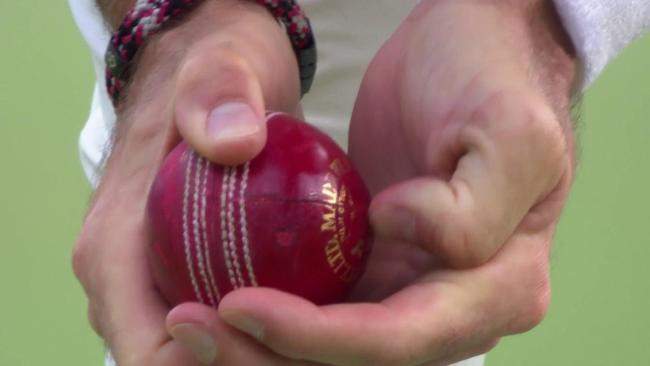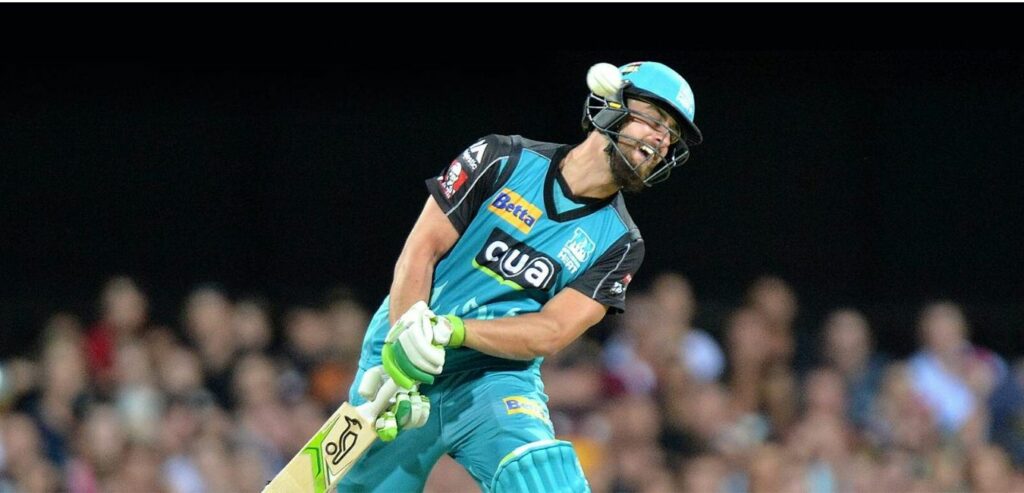Law 41 - A Detailed Look
Guided by the detail of Law 41, the Umpires are the sole decision makers when it comes to deciding what constitutes Unfair Play.
This section looks are a number of key elements to Law 41 and provides example and guidance in the application of the Law.
Note should be made of 41.2 – Where an umpire considers that any action by a player, not covered by the laws, is unfair , he / she shall call & signal Dead ball, where required, as soon as it become clear that such a call and signal shall not disadvantage the non offending side, report the matter to the other umpire and proceed as follows:
1st Offence
The bowlers end umpire shall summon the offending players captain and issue a first and final warning which shall apply to all members of the team for the remainder of the match.
Warn the offending players captain that any further such offence, by ANY member of the team will result in 5 penalty runs being awarded to the opposing team
2nd Offence
If this is a second or subsequent offence by that side, the bowler’s end umpire shall then summon the offending player’s captain and inform him/her that there has been a further such offence
Award 5 Penalty runs to the opposing side
Reporting
The umpires together shall report the incident as soon as possible after the match to the Executive of the offending side and to any Governing Body responsible for the match, who shall take such action as is considered appropriate against the captain, any other individuals concerned and, if appropriate, the team.
Responsibilities of the Captains
It is important to remember that captains are responsible for the behaviour of their players.
When a warning is given under Law 41, whilst the Umpire will give that warning, it remains the responsibbility of the Captain to impress on the team that such action, be it intended or accidental is not acceptable.
Should such actions be followd with Penalty runs, then it becomes necessary for such incidents to be reported to the controlling authority for that game. Both the offending player and the Captain will be reported.
Key Elements of Law 41
Changing the Condition of the Ball
The umpires shall consider the condition of the ball to have been unfairly changed if any action by any player does not comply with the conditions in Law 41.3.2.

Distracting or Obstruction of Play
The fielding side is not allowed to deliberately attempt to distract the batsmen once the bowler is ready to begin their run up.
Law 41 has also been expanded to include deception, e.g. a fielder pretending to have the ball in their hand, in order to cause doubt in the batsmen’s mind about whether to run or not
Bouncers and Beamers
The bowling of short pitched deliveries is dangerous if the bowler’s end umpire considers that, taking into consideration the skill of the striker, that such deliveries are likely to inflict physical injury on the striker.
The bowler’s end umpire may also consider that the bowling of short pitched deliveries, although not dangerous, is unfair if they repeatedly pass above head height of the striker standing upright at the crease.

Running out the Non-Striker
The bowler can now attempt to run out the batsman at the non-striker’s end up to the point at which he would be expected to deliver the ball. Previously, the batsman only had to remain in his/her ground until the bowler entered the delivery stride. It is unfair for the batsmen to attempt to steal a run during the bowler’s run up
Protected Area & Damaging the Pitch
The bowler is not permitted to run onto the protected area in his/her follow through. If a bowler runs onto the protected area, the umpire can action the following.
A batsman is not permitted to adopt a stance in the protected area, or so close to it that frequent encroachment is inevitable, nor are they allowed to mark a guard on the pitch unreasonably close to the protected area. Doing so could result in the following